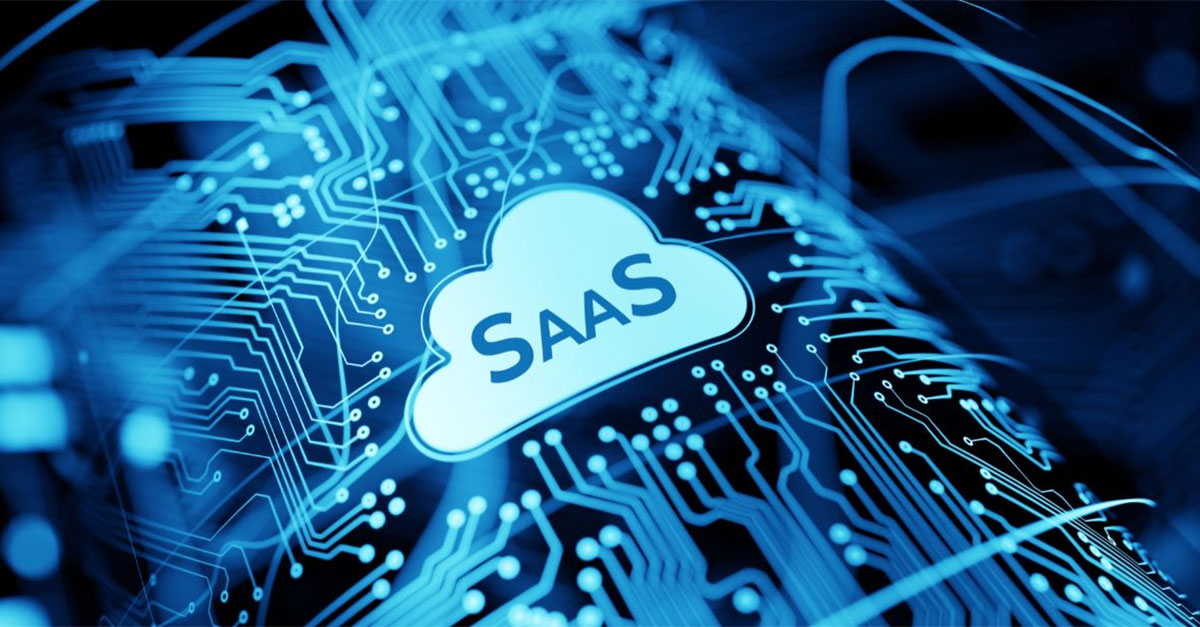Year after year, wind, solar, and other sustainable technologies shatter investment and installation records, demonstrating the recognized urgency – and profit-making ability – that the climate crisis provides.
Such substantial renewable growth can be linked to the recent adoption of ambitious international climate agendas, friendlier regulatory and policy frameworks, a rise in fossil fuel costs, increased private sector investment in cleantech R&D, and the development of organization-modernizing SaaS products. But while annual renewable energy growth numbers are continuously impressive – they’re failing to keep up with the world’s growing appetite for energy, potentially jeopardizing the efficacy of the Paris Climate Accord.
Cleantech growth is supported and constrained by various factors, which can be broken down into internal and external categories. Internal factors – like business productivity and organizational culture, tend to be controlled by the private sector based on specific decisions various firms make. On the contrary, external factors – like commodity prices, policy and regulatory frameworks, and subsidization – are impacted by the public sector and dominant global institutions.
While both types of factors are relevant to the success of renewable energy, only one is under the direct control of companies: internal. And while hardware costs have fallen dramatically over the past four decades – especially in solar technology, where conversion efficiency rates have skyrocketed – ‘soft,’ internal costs have remained stagnant or risen. They can even constitute upwards of two-thirds of a residential solar installation’s price, meaning the key to even cheaper energy is to concentrate efforts on boosting internal efficiency.
It’s still fairly common for renewable energy asset managers, even those handling massive portfolios, to use a mishmash of programs to manage daily tasks and necessities. But this is ineffective and poses a threat to internal communication, data analysis accuracy and security, and overall productivity. Frequently, these processes are being completed manually, despite SaaS platforms offering automated alternatives that eliminate the potential for human error and free up time for other tasks.
SaaS platforms like Powerhub can unlock unrealized savings for renewable energy asset companies while expanding a team’s work flexibility by a considerable margin. Not to mention, hardware design and installation costs – and the associated maintenance that comes with them afterwards – can be eliminated in their entirety. Why build expensive and complex in-house solutions when you can simply take advantage of products that already exist in the market?
With SaaS programs, updates are automatic and fluid so as to not disrupt workflow. Another benefit of a centralized system is that it stops the formation of “work silos,” where information accessibility is poorly distributed among a team, leading to misinformed decision-making. Concentrating these tasks in one simple to understand interface facilitates a transparent environment, data sharing, and more robust internal communication and cooperation, translating into greater profit margins and a happier, less stressful work culture.
SaaS platforms like Powerhub represent a modernizing force to renewable energy companies that haven’t already made the switch to cloud-based services – an irony considering their relationships to groundbreaking technologies. Nevertheless, updating to newer, more efficient, more accessible, and more cost-effective technologies simply makes sense for everyone. And it demonstrates that subsidies are a responsible and worthwhile investment for the public to make into renewables.
Renewable energy developers should aggressively pursue efficiency by adopting SaaS platforms to achieve cross-industry modernization and to provide an economic boost to the cleantech industry during such a critical time.




